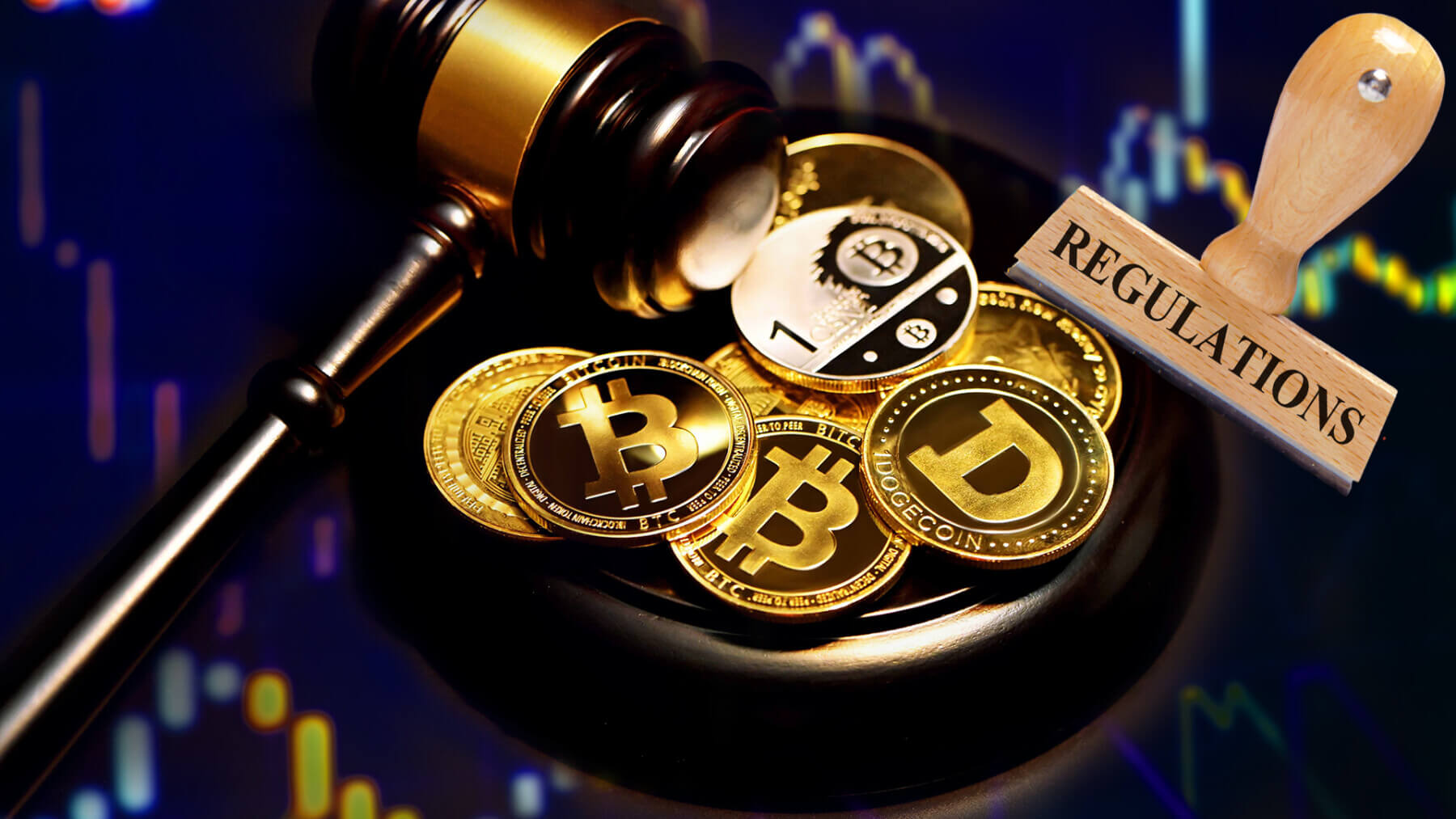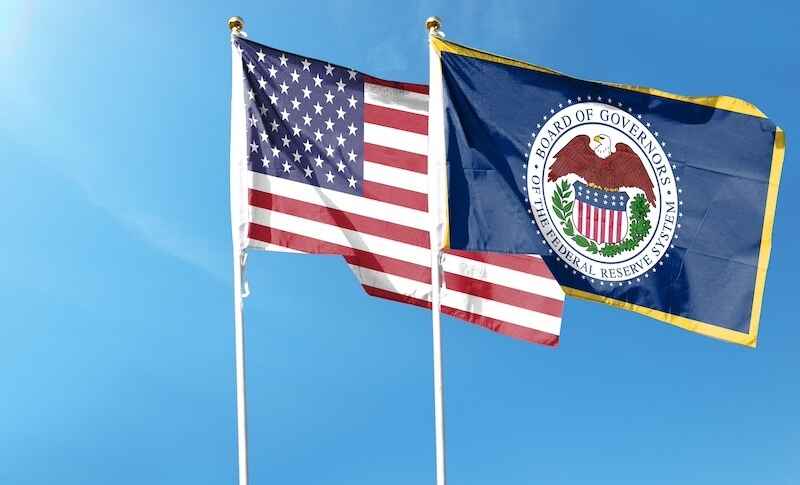Unlock the US Election Countdown newsletter for free
The stories that matter on money and politics in the race for the White House
At any other time, and with any other president, Monday’s landmark decision by the US Supreme Court vastly expanding presidential powers would generate little more than scholarly hand-wringing.
Indeed, the 6-3 majority’s ruling that a sitting president should have “absolute immunity” from criminal prosecution from actions he takes when exercising “his core constitutional powers” has a certain pragmatic logic to it.
Since the 1990s, American political leaders have increasingly attempted to criminalise policy differences, be it Democrats seeking to prosecute George W Bush for war crimes in Iraq or Republicans launching impeachment proceedings against Joe Biden’s homeland security secretary for a surge in illegal border crossings.
New Deal-era Supreme Court Justice Robert Jackson once said that the US Constitution is not a suicide pact, and an American president should not fear that an action sincerely taken to provide for the common defence, or to insure domestic tranquility, or to promote the general welfare, will later be picked over by federal prosecutors and land them in jail.
The founding fathers built checks into the federal system, but having the justice department setting up shop outside the Oval Office to adjudicate presidential decision-making — even those that fail spectacularly — wasn’t one of them.
The problem is that Donald Trump is not any other president, and we are living in an era that could see a man who has vowed to use the power of the US government to take revenge against his political enemies, and rule as a dictator for at least a day, returned to office in a little more than six months.
Nobody puts the threat posed by Trump under the court’s latest decision better than Justice Sonia Sotomayor, who wrote a stinging dissent for the three-judge minority:
The president of the United States is the most powerful person in the country, and possibly the world. When he uses his official powers in any way, under the majority’s reasoning, he now will be insulated from criminal prosecution. Orders the Navy’s Seal Team 6 to assassinate a political rival? Immune. Organises a military coup to hold onto power? Immune. Takes a bribe in exchange for a pardon? Immune. Immune, immune, immune.
If the presidential actions under review were taken by, say, Richard Nixon (the only president ever to resign in scandal) or Bill Clinton (the first president to be impeached in more than a century), Sotomayor’s litany would seem absurd. For all of Nixon’s ethical failings, instigating a coup would not cross his mind. Clinton’s shortcomings were libidinous, not martial.
Even the harshest critics of Bush, whose motives for invading Iraq have been suspect in certain corners since the day he first turned his eye on Baghdad, have been hard-pressed to find anything more than spectacularly bad judgment in his march to war.
But Trump? Can anyone who has watched his behaviour since the 2020 presidential election — or remembers his supporters clambering up the walls of the US Capitol, repeating his cries that the result be overturned — think anything on Sotomayor’s list is beyond his imagination?
Chief Justice John Roberts belittles Sotomayor’s fears, writing in his majority opinion that the liberal justices “strike a tone of chilling doom that is wholly disproportionate to what the court actually does today”.
Writes longtime political analyst Susan Glasser: “Roberts has a lot riding on this assessment.” Indeed he does, and let’s hope that Roberts is right. But the fact that Sotomayor’s warning was even recorded in an official court dissent tells volumes about the fears that now grip American officialdom.
peter.spiegel@ft.com
Credit: Source link














